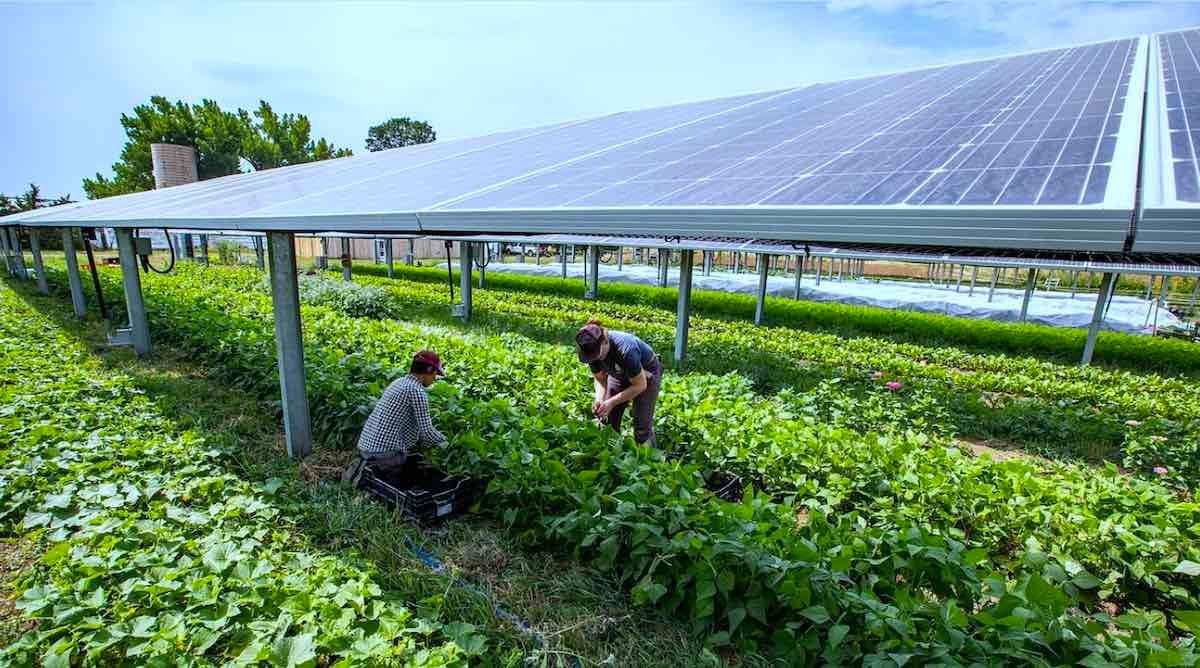
House GOP Farm Bill excludes SNAP transition
The chairman of the House Agriculture Committee confirmed on Friday that his version of a new Farm Bill will not include language to pave the way for the transition to the Supplemental Nutrition Assistance Program (SNAP). According to El Nuevo Dia, Rep. Glenn “GT” Thompson (R-PA) said that his legislation would encourage the U.S. Department of Agriculture and the Island to continue formulating a “financially and operationally viable path toward” transitioning from the current Nutritional Assistance (NAP) block grant program to SNAP. Thompson, however, said that he will push for an increase in the resources available for the NAP program. The House GOP plan stands in contrast to the approach taken by Democrats on the Senate Agriculture Committee. Sen. Debbie Stabenow (D-MI), the committee chair, has announced that her version of the Farm Bill will include a proposal calling for a transition plan of up to 10 years from NAP to SNAP. A vote by the House panel is expected on May 23.
Only 18% of federal reports include data on Puerto Rico
According to a study released last week, Puerto Rico is included in less than one-fifth of the federal government’s key statistical products. The report, which was conducted by the Comptroller General’s office of the Government Accountability Office (GAO), found that Puerto Rico was included in just 81 of the 449 products produced by the 13 main offices that collect statistical data. That amounts to only 18 percent of all products, El Nuevo Dia reports. For example, the Bureau of Economic Analysis (BEA) collects data on the Gross Domestic Product (GDP) every three months for the states—but only once per year for U.S. territories. Likewise, the Current Population Survey, the main source for collecting data on the labor force, excludes Puerto Rico. The GAO recommends that the White House Office of Management and Budget (OMB) undertake a process to close the data gap. The GAO report comes in response to a request made in 2022 by U.S. Rep. Raul Grijalva (D-AZ), who was then the chairman of the House Natural Resources Committee. “Puerto Rico’s exclusion from federal statistics programs limits our ability to accurately analyze the needs of our citizens and communities and develop informed public policy decisions,” said Resident Commissioner Jenniffer González (D-PR).
Veto of salary raises leads to work stoppage by aqueduct and sewer workers
Puerto Rico’s governor vetoed a bill on Friday that would have granted monthly raises of $200 per month to employees of the Puerto Rico Aqueduct and Sewer Authority (PRASA). House Bill 1894 would have authorized the increase for a five-year period. It would have been paid for by a 30% cut in contracts awarded to companies that mostly perform functions of union members, as well as managerial employees. In response, the Executive Committee of the Independent Authentic Union of Employees of PRASA approved a 24-hour work stoppage held Sunday. Residents were urged to boil water before consuming it.
Share
STAY IN THE LOOP
Subscribe to our free newsletter.
La organización BoricuaActivatEd celebró su séptimo aniversario con reconocimientos al líder de la red evangélica Esperanza y de la comunidad boricua de Filadelfia, Luis Cortés, y el legendario artista Antonio Martorell. Cortés, premiado por su
tudy: Economy leading factor for Puerto Ricans moving to Florida A new survey unveiled Monday in Washington, D.C. sheds new light on factors contributing to Puerto Ricans moving to the state of Florida. The Puerto
New federal funds for solar, battery storage announced The Department of Energy (DOE) on Thursday announced a conditional commitment to finance new solar and battery storage facilities on the southern coast of Puerto Rico. The investment




